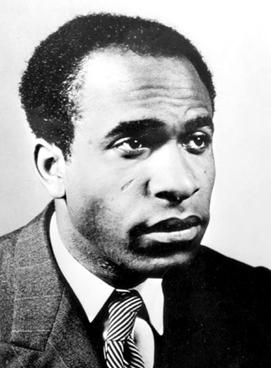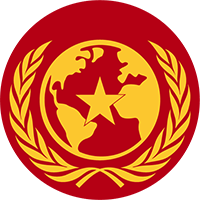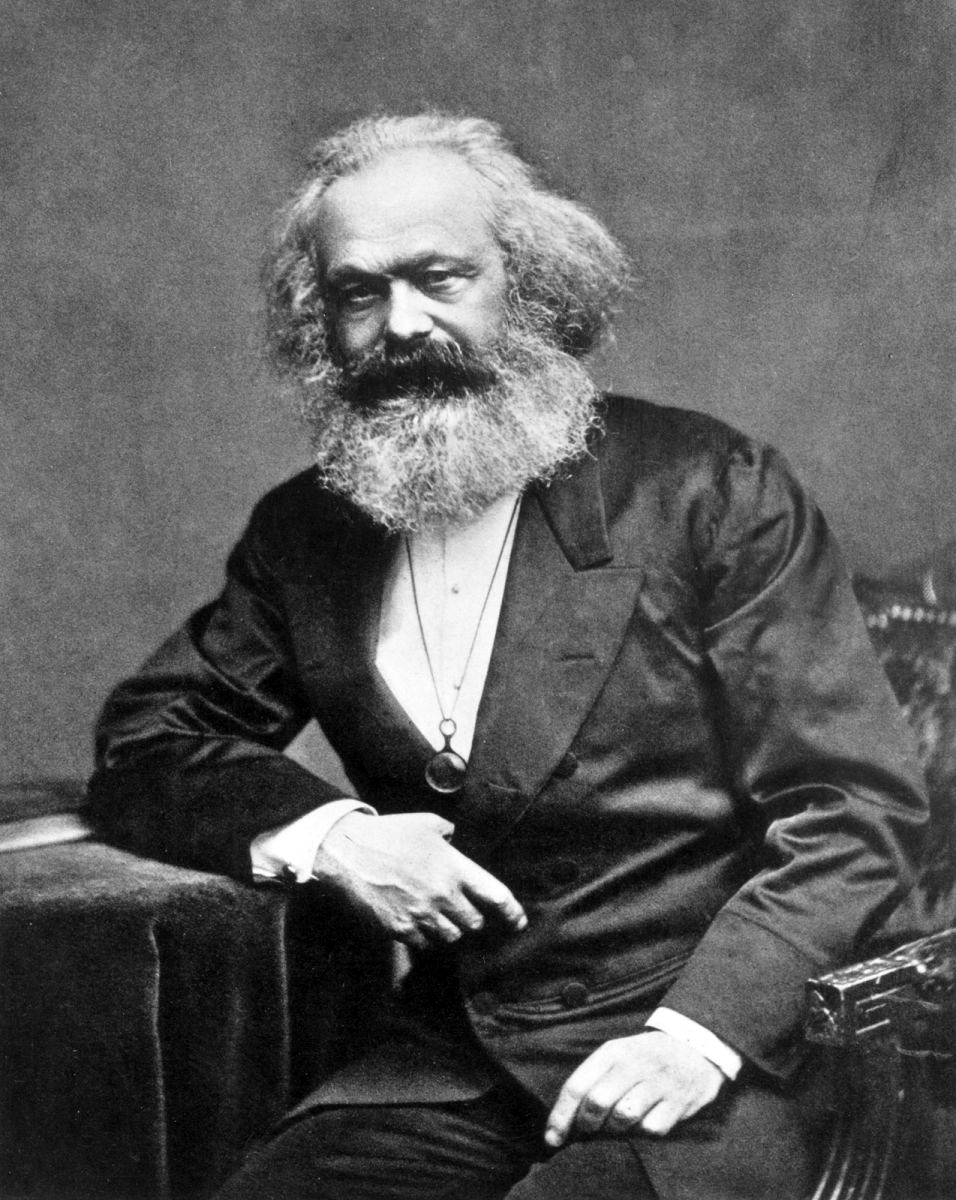More languages
More actions
To uphold socialism we must eliminate poverty | |
|---|---|
| Author | Deng Xiaoping |
| First published | April 26, 1987 |
| Source | Marxists Internet Archive |
| Audiobook | Comrade Reads |
22 November
- We don't have anything yet on this day, maybe soon! Why not read a random page?
Frantz Fanon | |
|---|---|
 | |
| Born | July 20, 1925 Fort-de-France, Martinique, French West Indies |
| Died | December 6, 1961 (aged 36) Bethesda, Maryland, USA |
| Cause of death | Leukemia |
| Known for | Black Skin, White Masks, The Wretched of the Earth |
Frantz Fanon (July 20, 1925 – December 6, 1961) was a psychiatrist, anti-colonial political theorist, author, and revolutionary from the Caribbean island of Martinique. He is the author of various works including Black Skin, White Masks (1952) and The Wretched of the Earth (1961).
Born as a colonial French subject, he eventually travelled to France for his education in psychiatry.
In the latter portion of his life, he was involved with the Algerian National Liberation Front (French: Front de Libération Nationale; FLN) in the Algerian independence struggle against the French.[1] He also worked in Tunisia with Algerian independence forces, and served as the Ambassador to Ghana for the Provisional Algerian Government. He passed away in 1961, after being diagnosed with leukemia.[2]
Fanon's political thought deals heavily with the implications and consequences of colonization, focusing considerably on anti-colonial struggles of his time as well as on the effects of colonization on the human psyche.
In 1953, Fanon was named the Head of the Psychiatry Department of the Blida-Joinville Hospital in Algeria. There, via his patients, Fanon gained increased insight into the torture and brutality ongoing under French rule. In 1956, Fanon resigned from his position to struggle for Algerian independence.[2][3] He documented French atrocities for the French and Algerian media.[4] According to Fanon, the only way for anti-colonial governments to prevent military coups is to politically educate the army and create civilian militias.[5]
← Back to all essays | Author's essays Why China is not Capitalist
by GojiraTheWumao
Published: 2023-03-14 (last update: 2024-11-22)
165-250 minutes
This essay demonstrates the historical context, ideological origins and justifiactions of China's economic model, known as the "Socialist Market Economy." I will also go into the specific mechanisms of the Socialist Market Economy itself, and how it contradicts "Capitalist logic", while simultaneously maintaining the dominant position of Public Ownership. And how the Socialist Market Economy/People's Republic of China continues to provide and improve the material quality of the life of the average Chinese person.
Read more
Last 7 days (Top 10) |
|||||||||||||||||||||||||||||||||||||||||||||||||||||||||||||||||||||||||||||||||||||||||||
|
|||||||||||||||||||||||||||||||||||||||||||||||||||||||||||||||||||||||||||||||||||||||||||
Lemmy etc
- ↑ “Remembering Algerian Revolutionary Frantz Fanon.” teleSUR, Dec. 6, 2017. Archived 2022-08-18.
- ↑ 2.0 2.1 “Martinique and Algeria’s Franz Fanon Remembered.” teleSUR. 2016. Archived 2023-03-19.
- ↑ John Drabinski. "Frantz Fanon." Stanford Encyclopedia of Philosophy. Stanford.edu. Mar 14, 2019. Archived 2023-03-19.
- ↑ Vijay Prashad (2008). The Darker Nations: A People's History of the Third World: 'Algiers' (p. 121). [PDF] The New Press. ISBN 9781595583420 [LG]
- ↑ Vijay Prashad (2008). The Darker Nations: A People's History of the Third World: 'La Paz' (p. 139). [PDF] The New Press. ISBN 9781595583420 [LG]




